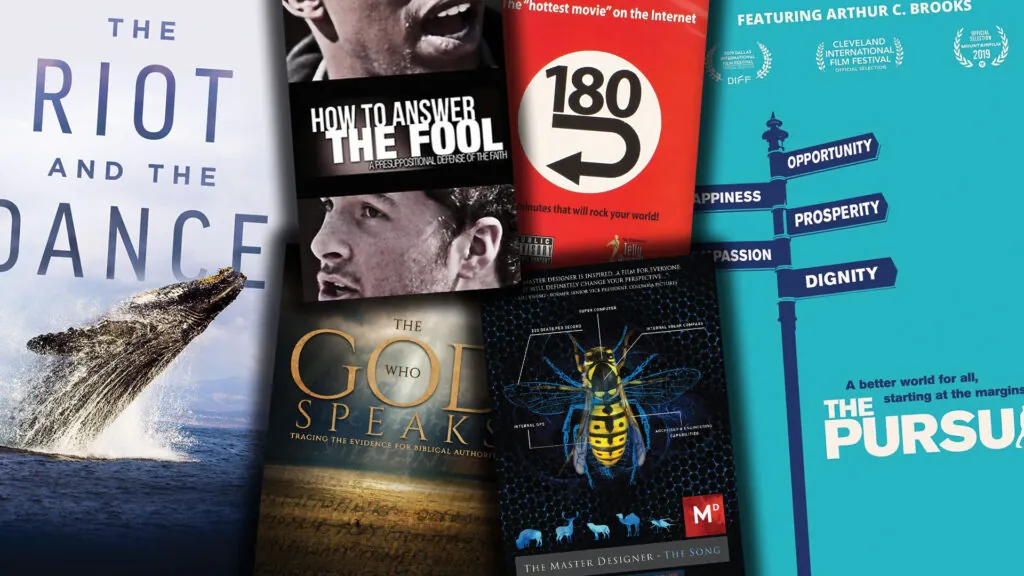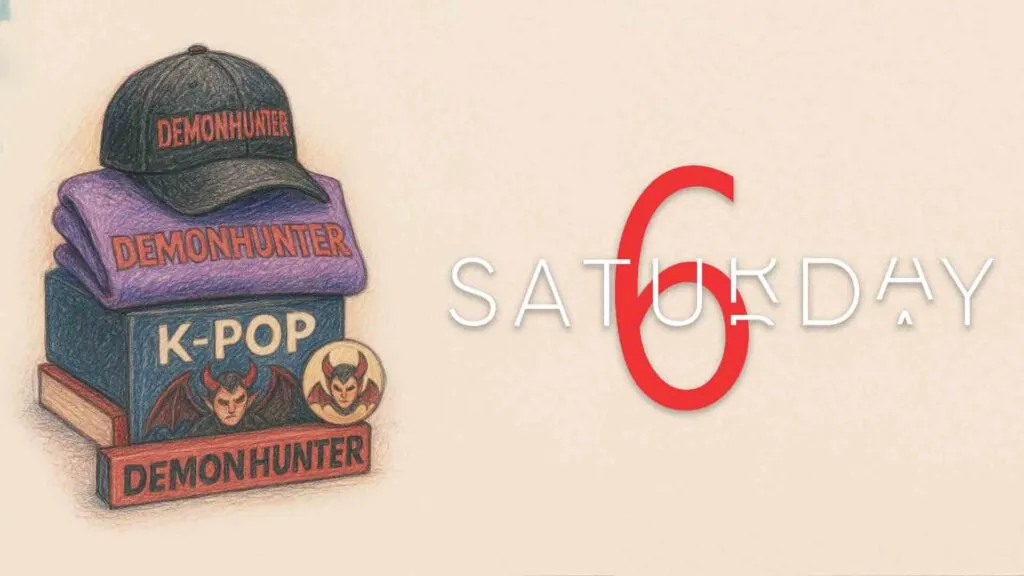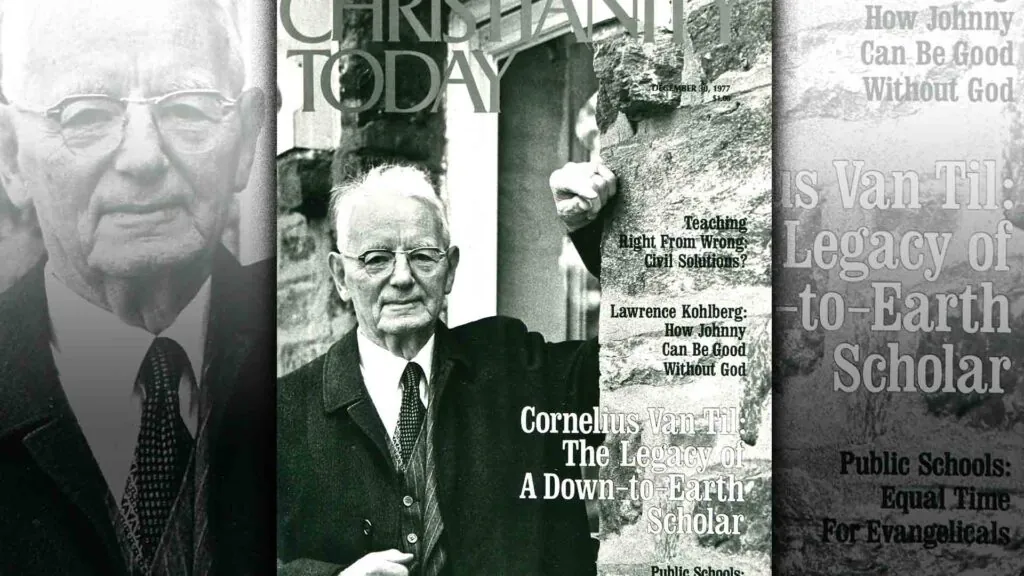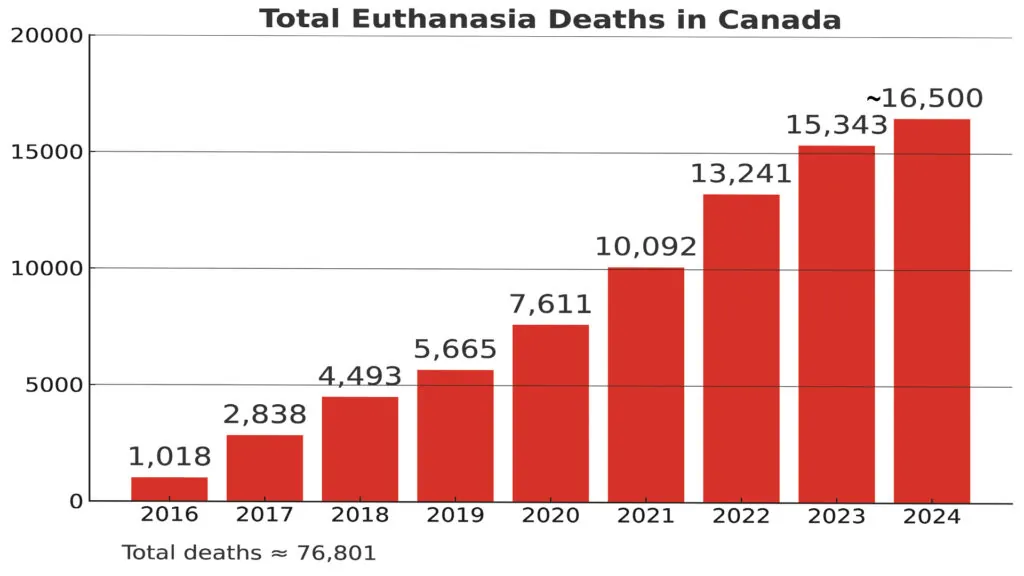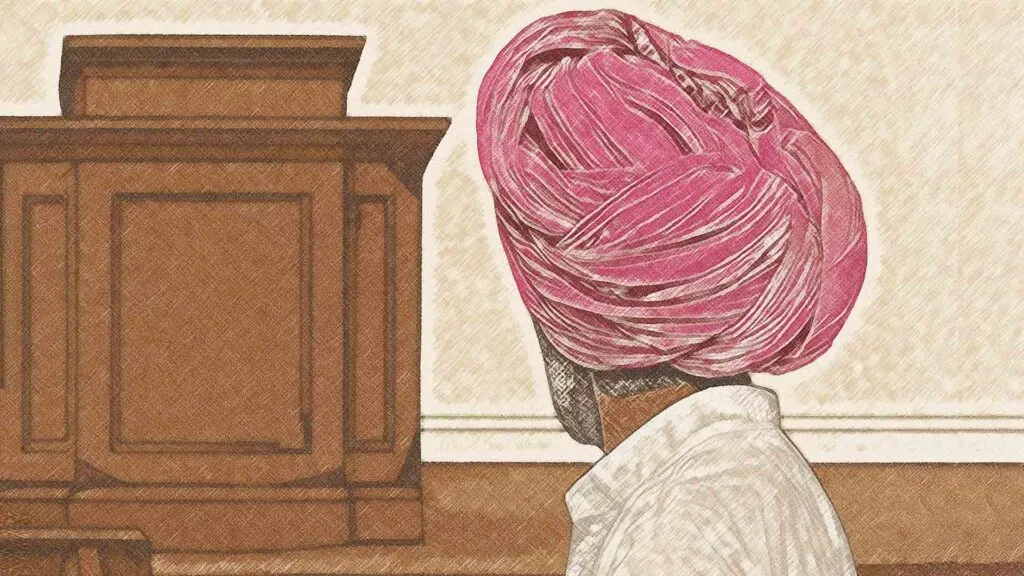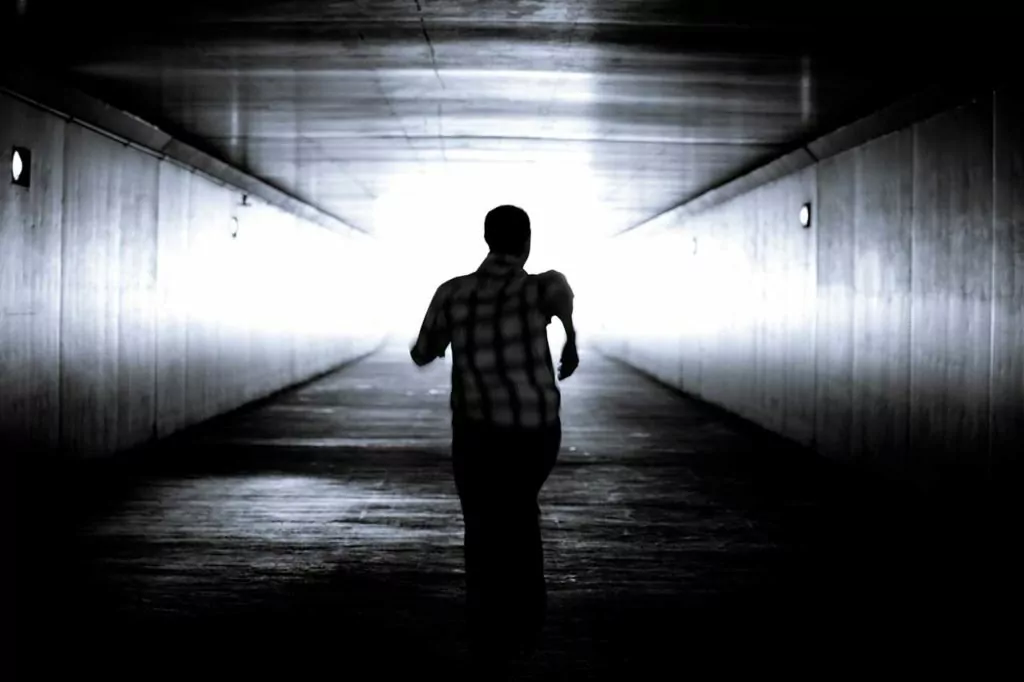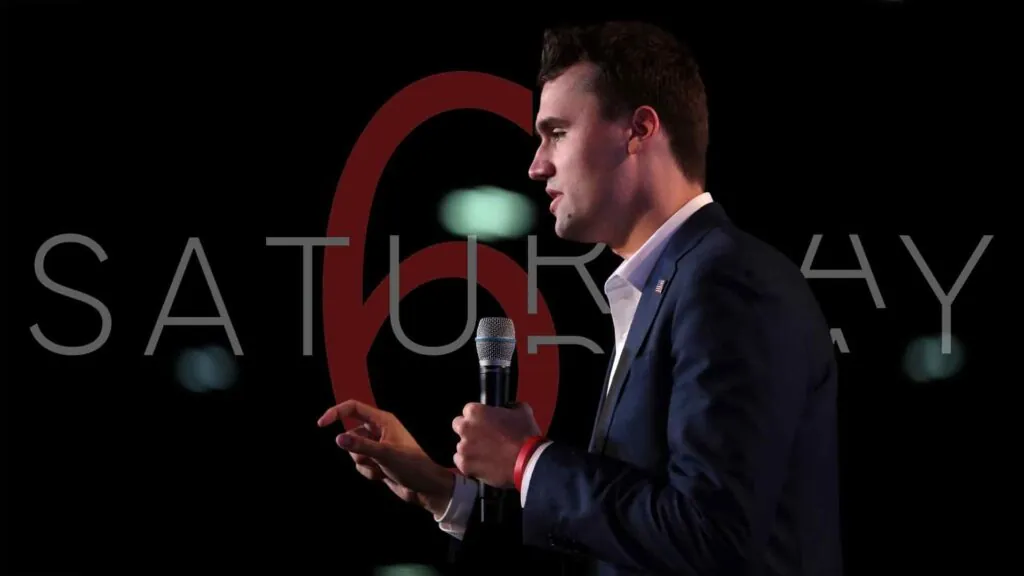Veya’s story
The fight for her life in a broken and biased healthcare system – one that sees doctors perpetrating euthanasia and abortion and calling them both medical care.
*****
“Our sweet Veya Hope ran into the arms of Jesus yesterday.” So shared Veya’s mother, Krystal Vanderbrugghen, on her Instagram page on August 2, 2025. Krystal continued: “Her name was her calling – Hope. She carried it with her every single day she spent inside those hospital rooms and gave it to all who knew her.”
Veya was first introduced to the waiting world, and to the arms of her parents Krystal and Jeremy, just a year and a half earlier, on December 4, 2023. Although the LORD didn’t have many days allotted for Veya here on Earth, her life touched tens of thousands of hearts. And her experiences here also exposed just how difficult it can be to fight for care in a broken world and medical system.
“We pray that Veya’s story continues to encourage other families who are given this same precious gift – the gift of loving and raising a child with Down Syndrome,” Krystal explained.
Hope born
Jeremy and Krystal, along with their other children Ivylee, Irelyn, and Lincoln, live in Caledonia, Ontario. In the fall of 2023, as they were eagerly awaiting the birth of another child, they learned that their baby had a congenital heart defect which would require surgery at some point after birth.
“While this is a lot to process, we know without a doubt God truly has a perfect plan for this baby even though the road ahead is filled with uncertainties.”
That’s what Krystal shared at that time on Instagram, not realizing just how true these words would be for her and her family. She would continue to share, with all who took an interest, the challenges of the road they were on. In an appearance on RP’s Real Talk podcast earlier this year, talking with Lucas Holtvluwer, Krystal explained that hospital stays brought their own problems.
“She was born with Down Syndrome and a cardiac defect – pretty straightforward – but she has now encountered some medical complexities from living her life in a hospital this long and from delayed treatments.”
One complication and delay led to another, and Veya was transferred from Hamilton’s McMaster Hospital to SickKids Hospital in Toronto, which is one of the leading children’s hospitals in the world.
Crumbling care
“Our journey started off really great, like we had teams that were really invested,” Krystal explained to Lucas. “But then we experienced her care declining January of this year, so that kind of set her on a totally different trajectory.”
“Specifically with her last ICU admission, you could just tell through the conversations with the doctors that they were really just trying to wrap things up with her and kind of coerce us into letting her go rather than help her,” she shared on the podcast. “I feel like the team coach, trying to keep the spirits alive…. But they all just kind of vanished.”
Krystal was particularly confused when Veya was denied a necessary liver transplant. She asked their Pediatric Advanced Care team if it was Veya’s Down Syndrome that was influencing their decision-making. “They can never say yes or no, but they said, ‘Mom, I think you know the answer to that deep down in your heart.’ And I said, ‘well, that is the confirmation.’”
One particular incident really broke Krystal’s trust in Veya’s care.
“Right after her liver surgery, she got RSV , and then a few days after that, she got overdosed with a lethal amount of potassium. It wasn't just a little bit, it was 10 times the regular amount that she normally gets, and it was during the evening when none of us were there.”
Veya’s heart rate went to 350 beats per minute, and she had to be shocked three times to stabilize her.
“I do have questions whether it actually was an accident or not, because these sorts of things happen when families step away. So, the timing of it, but also the amount. You know, it's one thing, if you gave a little extra, but 10 times the amount, like, an actual lethal dose?”
Growing support
Krystal shared the ups and downs of Veya’s journey on her Instagram account. Her photos, videos, and touching words lit a fire in many hearts around the world, and she ended up with close to 40,000 Instagram followers, many of whom were praying for Veya, and encouraging Krystal and her family.
“For me, social media was like an open diary and a way for me to process but also a way for me to be able to connect with others that were raising children with Down Syndrome, because I knew nothing about it, and so it's been a really great place for resources and connecting.”
But the care hasn’t only been virtual. Krystal and Jeremy are members of Trinity Canadian Reformed Church in Glanbrook, Ontario. And as she told Lucas back in July, “Our church community, they're phenomenal. I'll tell you this, we had a meal train set up for Veya when she was born, and we are 19 months into this and that same meal train is still going.” She added that the amount of support they have received allowed them to be fully present and to advocate for Veya, because everything else was being taken care of.
The many prayers that were raised for their family carried them. “I don't think my husband and I really understood that till we lived this experience. Like you really feel carried by prayers. There's just this indescribable peace that comes with it.”
Growing faith
We read in James 1:3 how “the testing of your faith produces endurance” and Krystal attested to this when speaking about their journey prior to Veya’s death.
“As much as we want to enter the next season of life and be off of this medical journey, there's a part of you that doesn't, because of the experience you have with God's nearness. Because it forces you to slow down and really lean into Him.
“….The ways we've experienced God's goodness and care over these 19 months, we're forever thankful for that. Faith is not without pain. It's there to give you the courage to face it, right? And a lot of times this journey has really forced us to our knees.”
She later added that, as hard as it has been, they have seen so much good come from this journey already, particularly with the many interactions with people in the hospital.
Seeking justice
After Veya’s promotion to glory, Krystal shared with Reformed Perspective that they hope to have further meetings with SickKids Hospital regarding the neglect that Veya experienced, which Krystal sees as a push to end Veya’s life rather than care for it. “What was happening was the team was trying to 'stealth euthanize' Veya through means of denying life-saving measures.”
They are working with other families who experienced similar harms for their medically complex children at the same hospital, seeking to raise their concerns collectively. Her hope is to see a formal acknowledgement of harm, public reporting requirements, independent investigations, disability rights training, and whistleblower protection so that staff can report unsafe practices without fear of losing their jobs.
Although she has devoted much of her past couple of years to being an advocate for Veya and others with disabilities, she also understands that she can only do so much. And that is OK. “Our God, The Creator of Life has the final say.”
Advice for others
When asked by RP what advice she would have for other families who may face similar situations, she urged them to document everything, including conversations and decisions, names, and copies of medical records. She also advised to never go into important meetings alone. Bring someone to witness and support you.
Further, use clear and assertive language like “can you explain in writing why you are denying this treatment?” And if there are concerns, escalate them by asking to speak with a patient’s relations person or ombudsman, or even filing a complaint with the hospital leadership or licensing board.
She encourages others to seek a second, or third opinion, and not be afraid to transfer care to another institution, even if it feels scary. And “trust your instincts – God gives them to us for a reason!” You know your child best so “if something feels wrong, it probably is.”
Most soberly, she warns “know that Canada has become a death culture.” In an age where it has become legal to end the life of someone who requests it simply because they are suffering, it becomes all the more important to be on guard for the care of our loved ones, particularly those who are more vulnerable. “Instead of offering care, too many hospitals offer ‘comfort care only.’ Instead of fighting for life, they push families towards giving up and will blame you for your loved one’s suffering.”
Her final advice is most encouraging. “You are not alone, God goes behind you and before you…. When you are battling the medical system for your child never forget to stop and ask God for guidance, strength, wisdom and peace. He sees, He knows, and He will lead you step by step.”
A tribute for Veya
In the weeks following Veya’s death, Krystal paid tribute to Veya with these words:
“I didn’t have to look into your eyes to fall in love with you. I didn’t need to hear your soft, raspy cry to know you loved me too. I didn’t have to hold your hands to cherish you forever – because from the very beginning, within my womb, our hearts were already intertwined.
“Veya, you changed me. Through you God gave me a deep perspective. You touched my soul and awakened a love so deep that can only be explained by His goodness. You gave me countless memories that I will hold close for the rest of my life. My heart aches in a way words can’t fully capture, and I know that ache won’t leave until we’re together again. …Though the longing never fades, each day moves me closer to the joy of holding you in Heaven.”
Pictures used with permission of the Vanderbrugghens....











